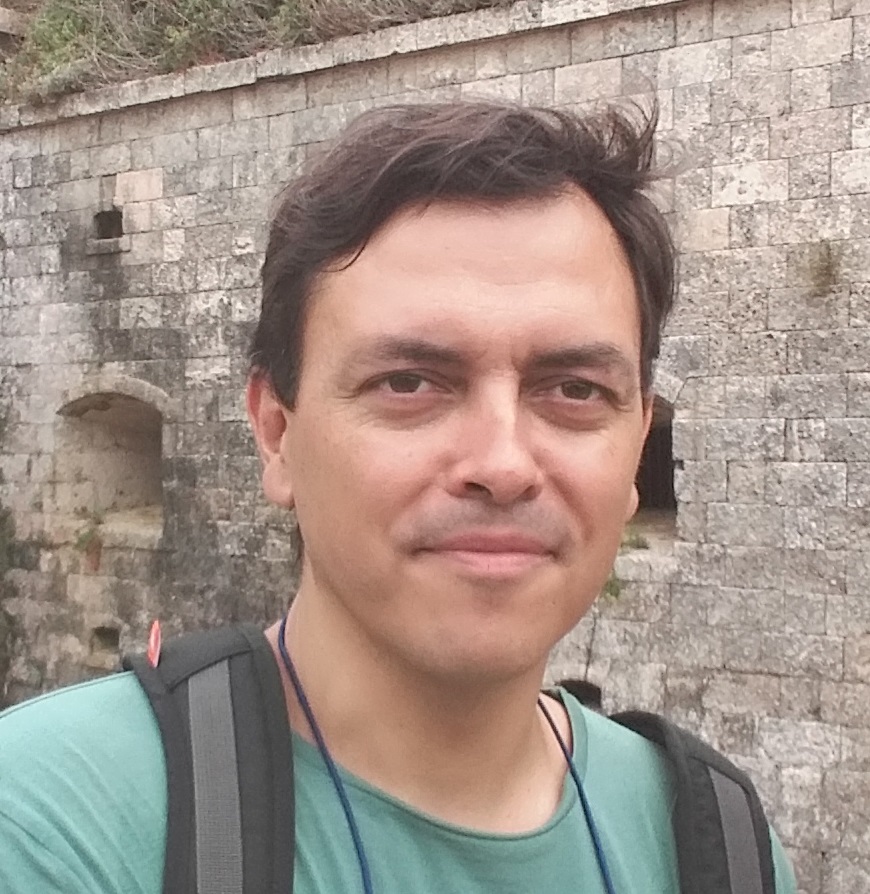
3:00 pm to 4:00 pm
GHC 6501
Abstract: Boosting classifiers have been extensively used for learning multi-view single objects detectors (e.g. faces, cars or pedestrians) or in multiple object categories detectors. Object detection has been evolving from being specific for a given object category to multi-view or even being able to detect multiple categories at the same time. The usual framework for Boosting based object detection uses binary classification (e.g. AdaBoost). Multi-class detection problems (e.g. multi-view face detection or car detection) has been usually solved with a binary Boosting classifiers: either with a monolithic detector (i.e. Object-vs-Background) or with a detector per object view or positive class (i.e. training and executing K detectors). On the other hand, Boosting approaches are falling in popularity behind the Deep Learning based detectors, as the later are achieving impressive results. The consequence of the Deep Learning path being the mainstream nowadays is that Boosting based detectors are not provided with the new advances in the object detection field in terms of new ideas and techniques.
In this talk we present our on going research in the developing of needed tools in the Boosting detection field. We present our PI-Boost multi-class algorithm with binary weak learners which separates subsets of classes. We also present BAdaCost, a multi-class cost-sensitive classification algorithm. It combines a set of cost-sensitive multi-class weak learners to obtain a strong classification rule within the Boosting framework. Finally we show how to apply BAdaCost to tBiencinto 10-2-17Biencinto 10-2-17he multi-view detection problem and what can be achieved with the application of this new tool.
Bio: Jose M. Buenaposada received the BS and MS degrees in 1999 and the PhD degree in 2005 all in computer science from the Technical University of Madrid (Universidad Politecnica de Madrid). Since 2003 he has been working at the Rey Juan Carlos University, Spain, and from 2008 he is a Contratado Doctor (Associate Professor equivalent) at the same University. He is member of the Computer Vision and Image Processing (CVIP) research group at Universidad Rey Juan Carlos. He is also an external member of the Computer Perception Group at Universidad Politecnica de Madrid (PCR). His research interests in Computer Vision include image alignment, object tracking, face analysis and object detection.
Homepage: http://zenon.etsii.urjc.es/~jmbuena/
